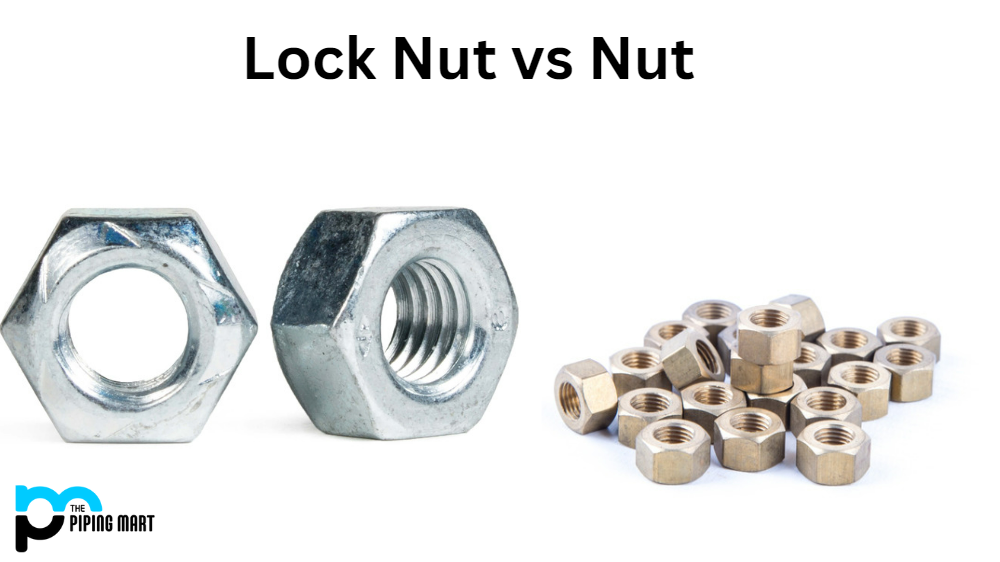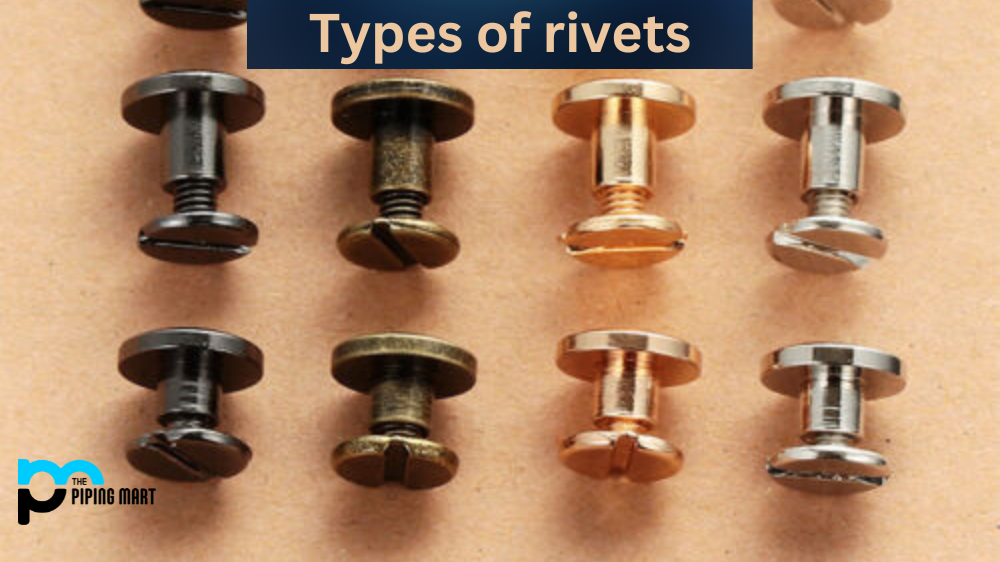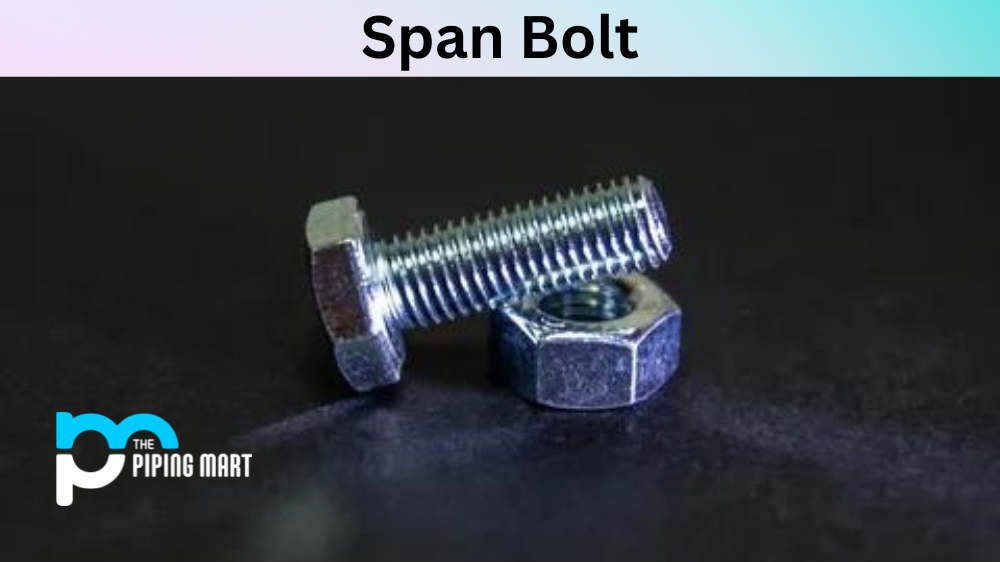Have you ever wondered what the difference is between a lock nut and a nut? If so, then you are not alone. Many people need help understanding the differences between these two types of fasteners, but they are actually quite simple. Let’s look at how they compare and what makes them unique.
Lock Nut
Lock nuts have a locking mechanism, such as a nylon insert, that prevents them from loosening. Lock nuts are typically used in applications where it is essential that the nut does not loosen, such as in automotive or aerospace applications.
Nut
A nut is a small, hard object that is used to fasten two or more pieces of material together. Nuts are typically made from metal but can also be made from plastic or other materials. They are usually threaded to be screwed onto a bolt or screw.
Difference Between Lock Nut and Nut
The most obvious difference between lock nuts and regular nuts is that they have an integrated locking mechanism that helps keep them in place after installation. This locking mechanism can be anything from an internal thread locker to an external washer or tab. The type of locking mechanism used will depend on the application and the manufacturer. Still, it is generally designed to prevent the nut from coming loose or vibrating out of position during operation.
Another difference between lock nuts and regular nuts is that they often require more torque than their non-locking counterparts. This is because they must be tightened with enough force to ensure that their locking mechanism remains engaged during operation. On the other hand, regular nuts need to be tightened enough so they do not come loose under normal operating conditions. As such, they typically require less torque than a lock nut of the same size and thread pitch.
Finally, while both lock nuts and regular nuts come in different sizes and materials, some materials are better suited for one type of fastener than another. For example, stainless steel is often preferred for locknuts due to its corrosion resistance properties. In contrast, brass or nylon may be preferable for regular nuts due to their low cost and lightweight.
Advantages of Lock Nut
There are several advantages to using lock nuts. First, they are less likely to loosen than regular nuts. This is because the locking mechanism prevents the nut from rotating, even when vibration or other forces are applied. Additionally, lock nuts can be reused more times than regular nuts before they need to be replaced.
Disadvantages of Lock Nut
There are also some disadvantages to using lock nuts:
- They can be more difficult to install and remove than regular nuts.
- Lock nuts typically cost more than regular nuts.
- Some types of lock nuts may not be compatible with all types of bolts or screws.
Advantages of Nut
There are several advantages to using nuts. First, they are relatively easy to install and remove. They do not require special tools or equipment to be installed or removed. Finally, nuts are typically less expensive than other types of fasteners.
Conclusion:
When it comes down to it, both locknuts and regular nuts have their unique advantages depending on your application needs. When deciding which type of fastener is best for your project, consider factors such as material selection, torque requirements, and vibration tolerance before making your decision. With this information in mind, you can easily determine if a locknut or regular nut is suitable for your specific project needs!

Abhishek is a seasoned blogger and industry expert, sharing his insights and knowledge on various topics. With his research, Abhishek offers valuable insights and tips for professionals and enthusiasts. Follow him for expert advice on the latest trends and developments in the metal industry.




